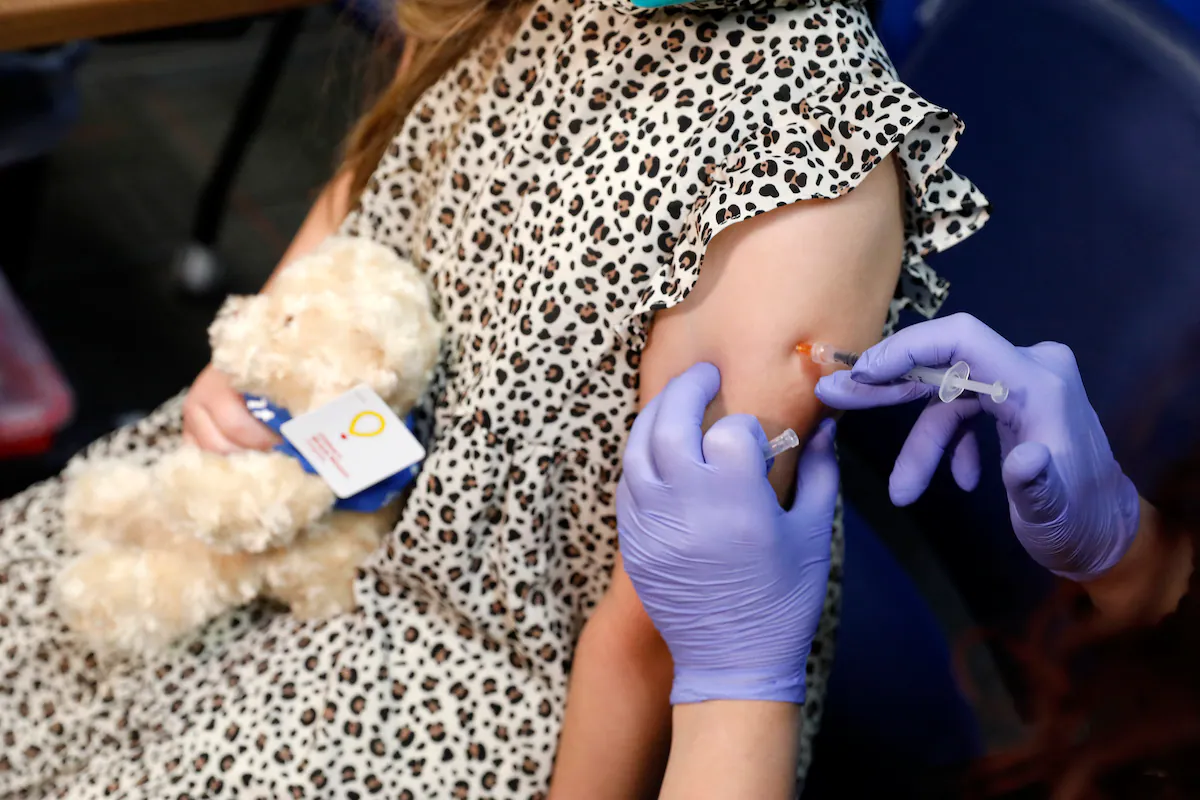RFK Jr. Ends COVID 19 Vaccine Recommendation for Healthy Children and Pregnant Women
In a significant shift in U.S. public health policy, Health and Human Services Secretary Robert F. Kennedy Jr. announced on May 27, 2025, that the Centers for Disease Control and Prevention (CDC) will no longer recommend COVID-19 vaccinations for healthy children and pregnant women. This decision marks a departure from previous CDC guidance and has ignited a nationwide debate among medical professionals and public health experts.
Background of the Policy Change
The announcement was made via a brief video featuring Secretary Kennedy, FDA Commissioner Dr. Marty Makary, and NIH Director Dr. Jay Bhattacharya. Kennedy stated that the vaccine had been removed from the CDC’s immunization schedule for these groups, citing a lack of clinical data supporting the need for repeat boosters in healthy children and pregnant women.
This move bypasses the traditional process wherein the CDC’s Advisory Committee on Immunization Practices (ACIP) reviews and updates vaccine recommendations. Notably, the ACIP had not yet met to discuss or finalize guidance on this matter, raising concerns about the procedural integrity of the decision.
Reactions from the Medical Community
The policy change has been met with criticism from various health experts and organizations. Dr. Denise Jamieson, a prominent obstetrician, emphasized that pregnant women face significant risks from COVID-19 and expressed disappointment over the removal of the vaccine recommendation.
Similarly, the American Academy of Pediatrics and the American College of Obstetricians and Gynecologists continue to advocate for COVID-19 vaccination in these populations, citing studies that confirm the vaccine’s safety and efficacy.
Implications for Public Health and Insurance Coverage
Removing the vaccine from the CDC’s recommended immunization schedule could have significant implications for insurance coverage. Typically, insurers follow CDC guidelines to determine coverage, and this change may lead to increased out-of-pocket costs for those seeking vaccination, potentially up to $140 per dose.
Furthermore, the decision may contribute to increased vaccine hesitancy and reduced vaccination rates, particularly among children. Experts warn that such trends could lead to outbreaks of preventable diseases, as seen in recent measles outbreaks linked to declining vaccination rates.
International Context and Comparisons
Kennedy and his colleagues pointed out that several countries, including the United Kingdom and Australia, have ceased recommending COVID-19 vaccines for healthy children, aligning with the new U.S. policy. However, it’s important to note that these countries made such decisions based on comprehensive reviews by their respective health authorities, a process that appears to have been circumvented in the U.S. case.
Additionally, while some nations have adjusted their vaccination strategies, many still recommend COVID-19 vaccination for pregnant women, recognizing the increased risks posed by the virus during pregnancy.
Political and Ideological Underpinnings
Secretary Kennedy has a long-standing history of vaccine skepticism and has been associated with the anti-vaccine group Children’s Health Defense. His appointment as HHS Secretary under the Trump administration was controversial, with critics expressing concern over his influence on national vaccine policy.
The recent decision aligns with Kennedy’s “Make America Healthy Again” initiative, which emphasizes individual choice and skepticism of pharmaceutical interventions. However, public health experts caution that such approaches may undermine decades of progress in disease prevention and control.
Conclusion
The removal of COVID-19 vaccine recommendations for healthy children and pregnant women by HHS Secretary Robert F. Kennedy Jr. represents a significant shift in U.S. public health policy. While the decision aligns with certain international trends and reflects Kennedy’s long-standing views on vaccination, it has raised concerns among medical professionals about potential increases in vaccine hesitancy and the risk of disease outbreaks.
As the nation navigates the evolving landscape of the COVID-19 pandemic, it is crucial to base public health decisions on robust scientific evidence and to maintain trust in health institutions.
Subscribe to trusted news sites like USnewsSphere.com for continuous updates.
[USnewsSphere.com / pe.]





